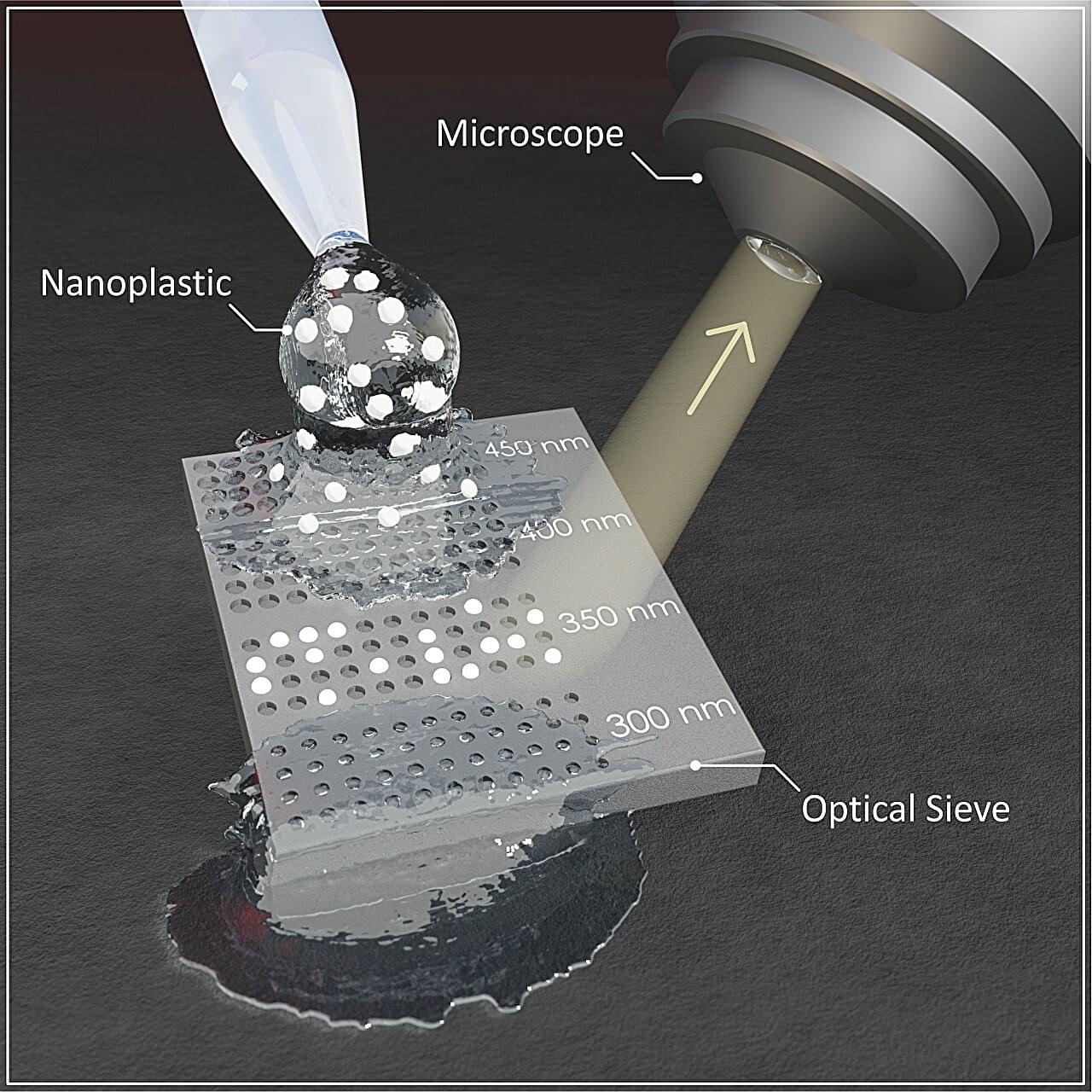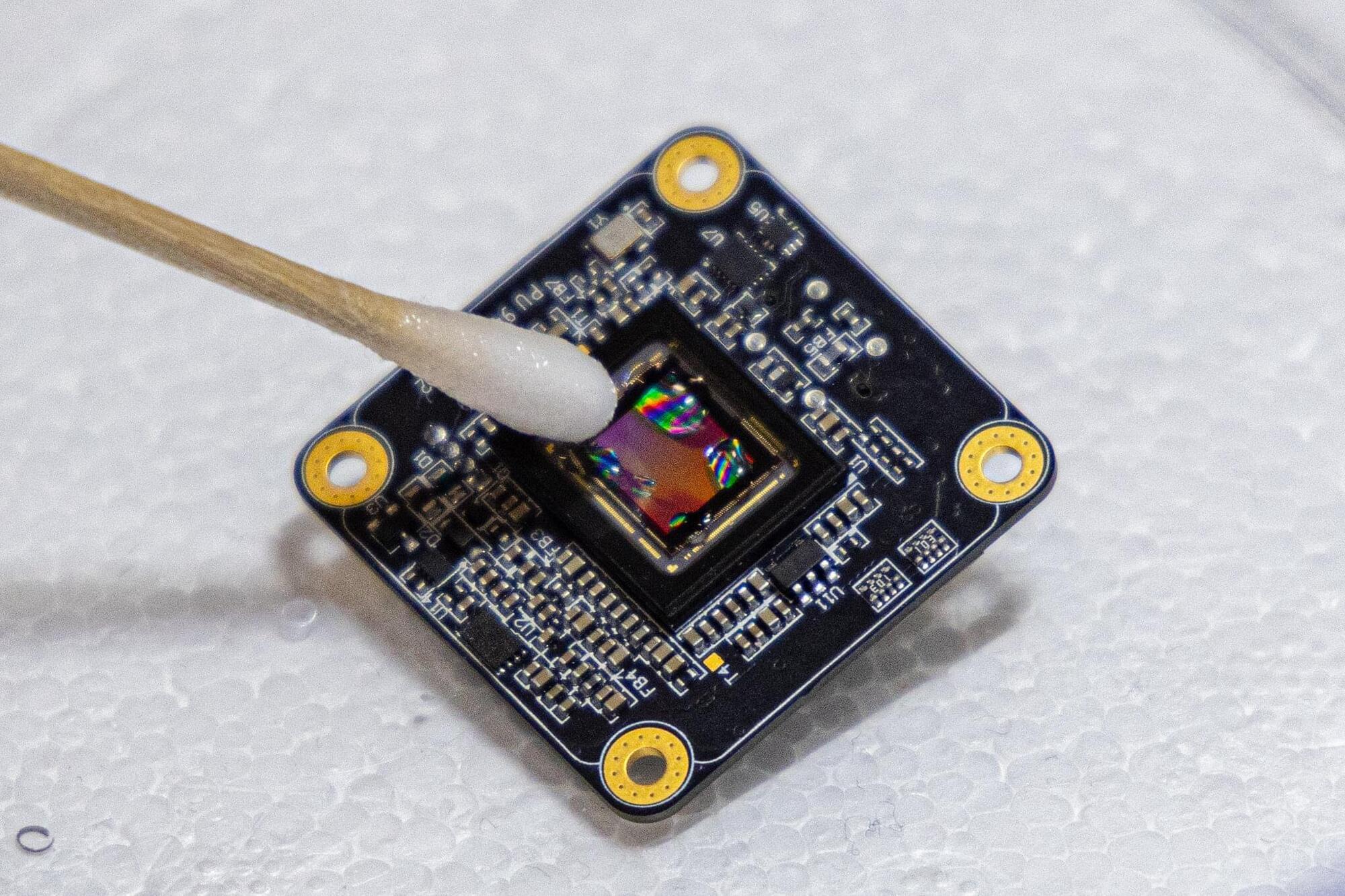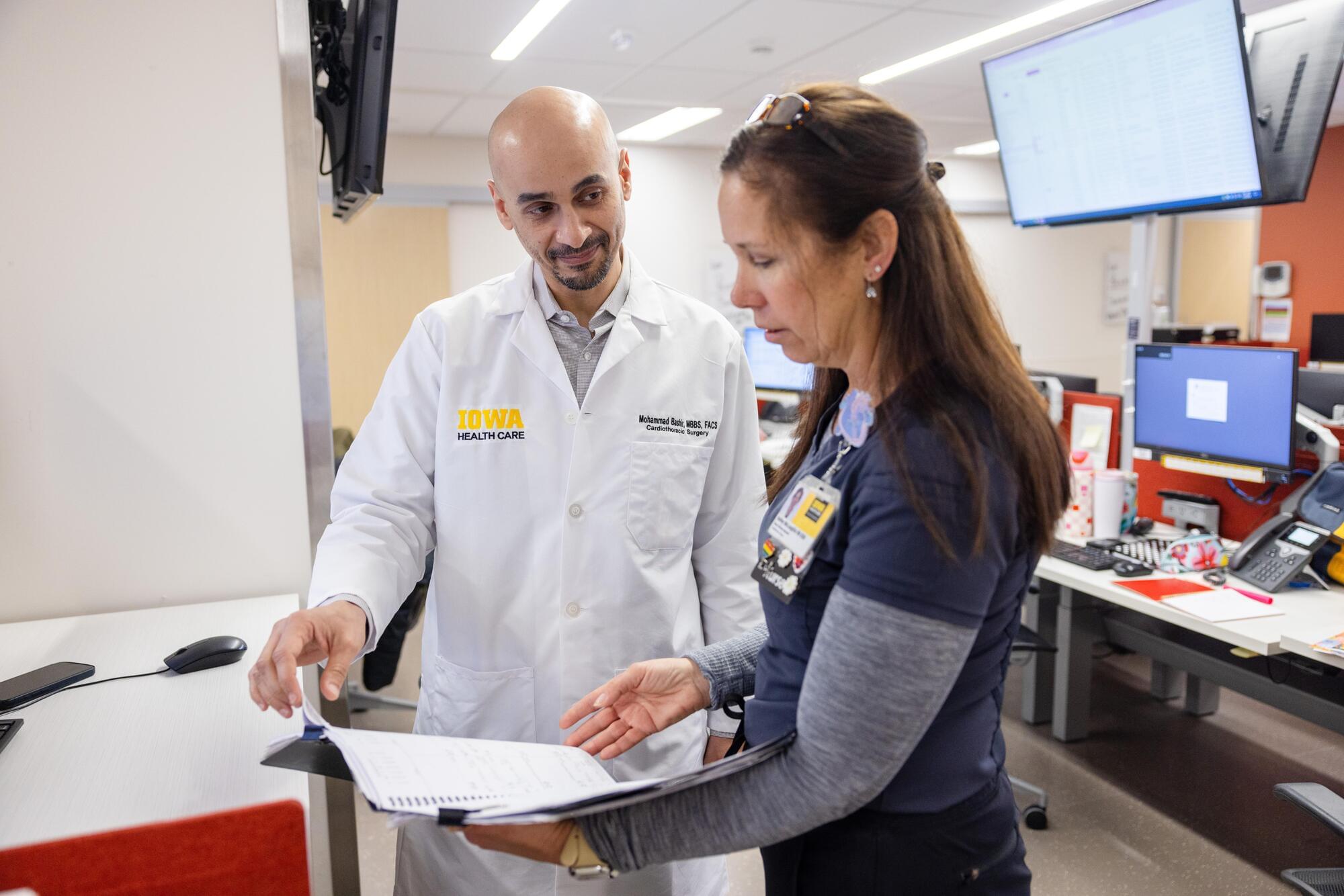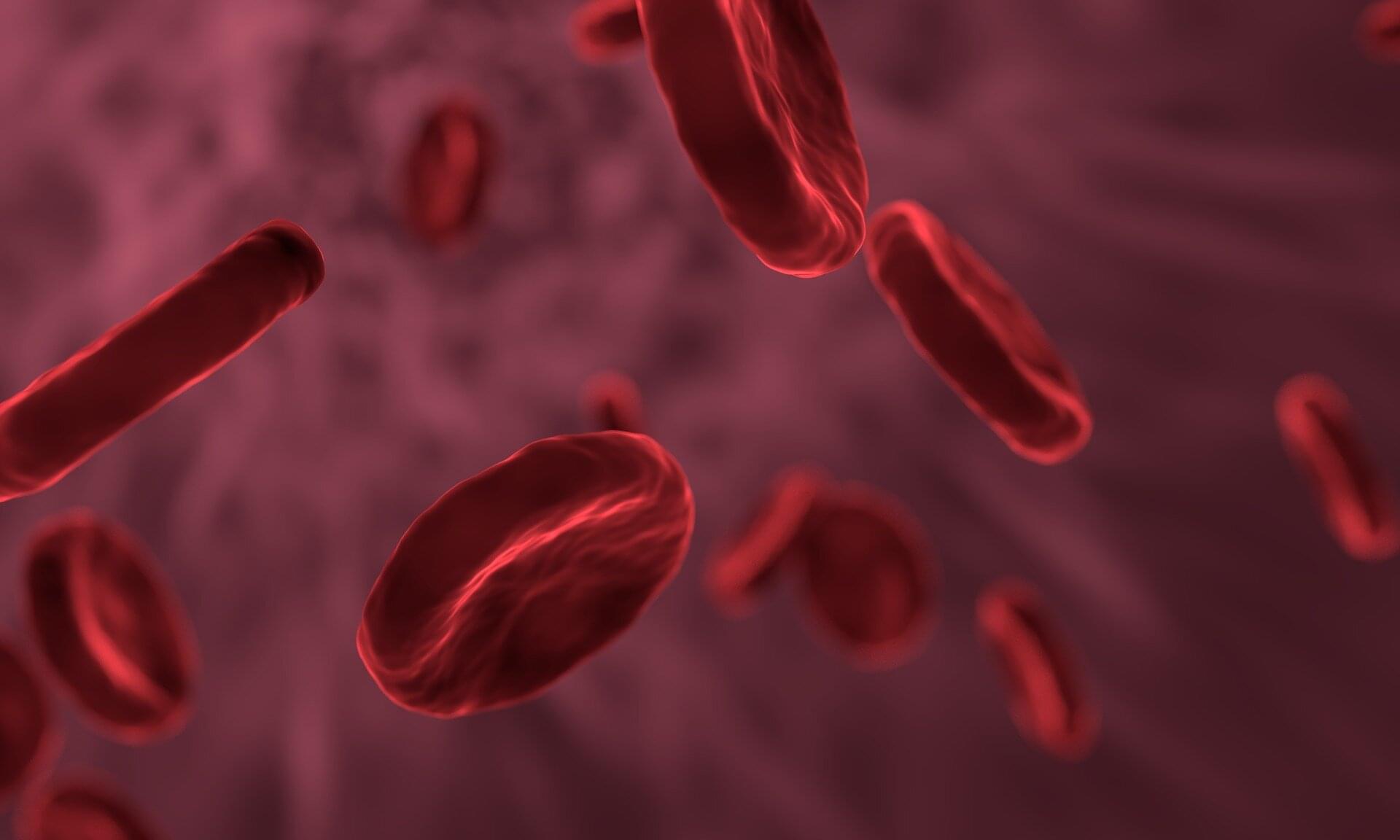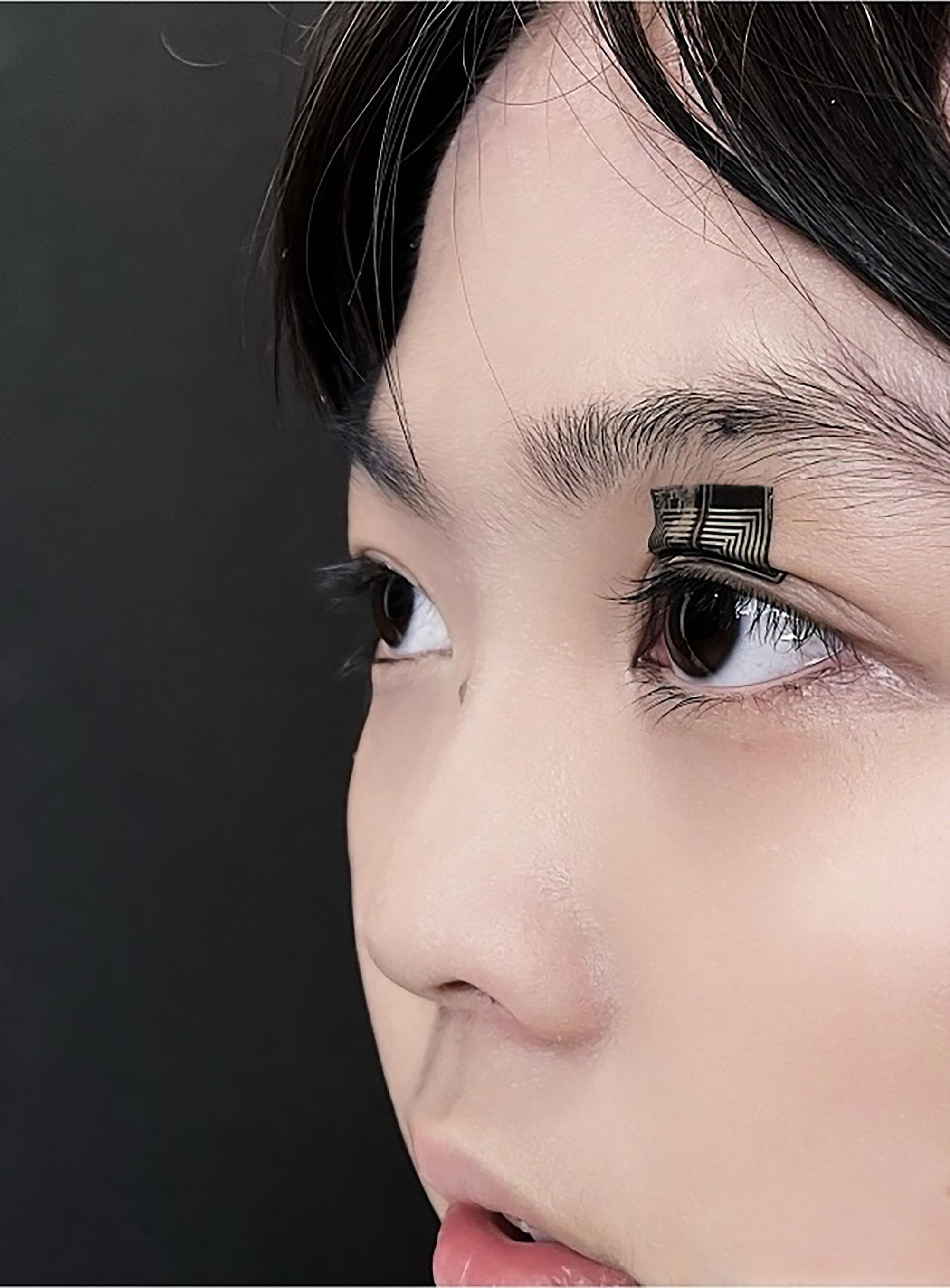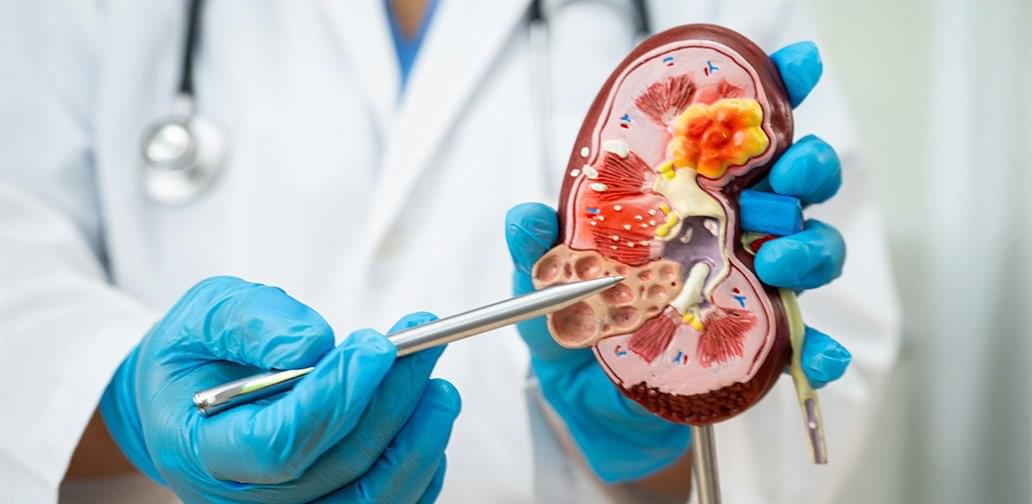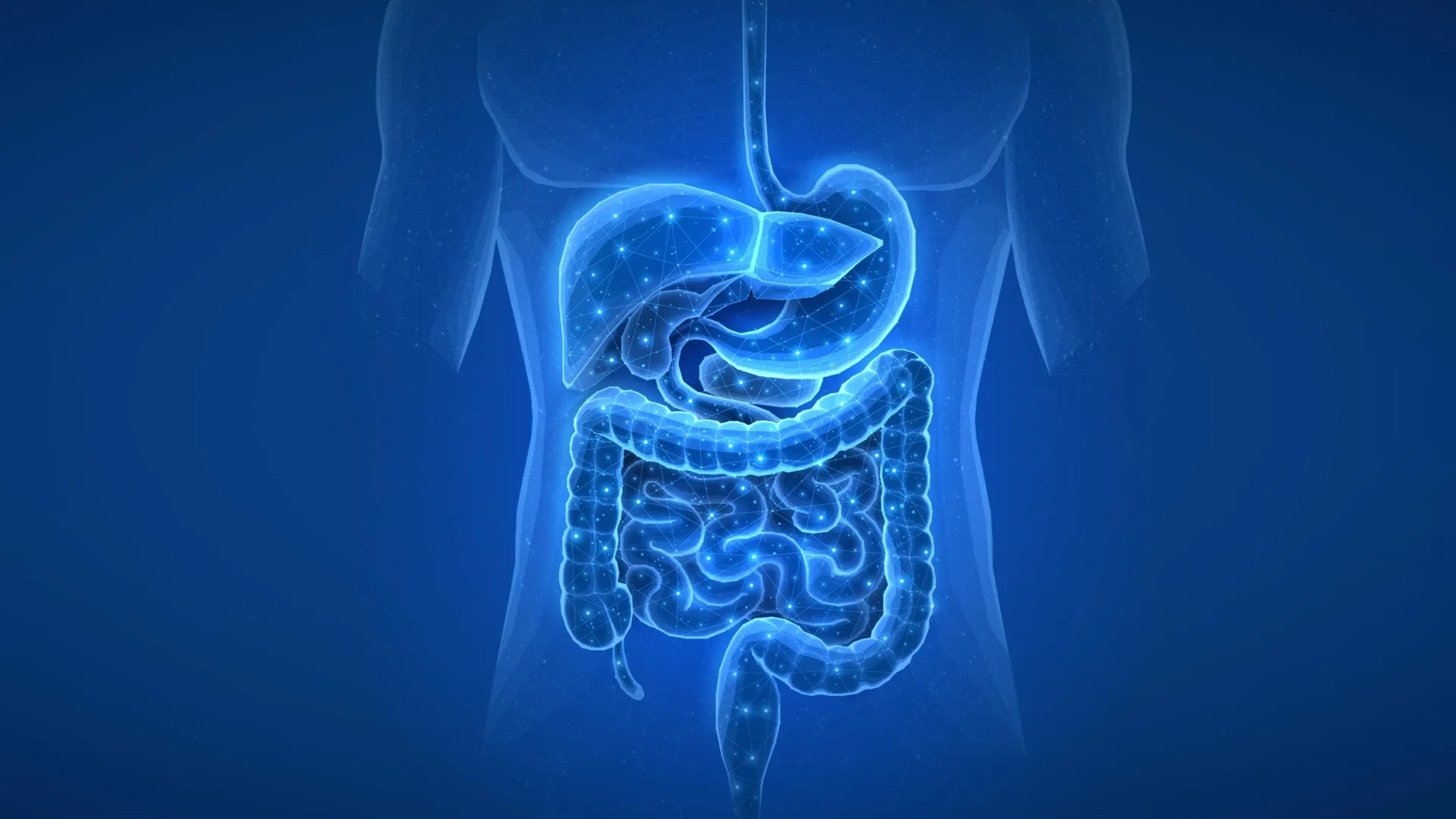NASA announced a trailblazing experiment that aims to take personalized medicine to new heights. The experiment is part of a strategic plan to gather valuable scientific data during the Artemis II mission, enabling NASA to “know before we go” back to the lunar surface and on to Mars.
The AVATAR (A Virtual Astronaut Tissue Analog Response) investigation will use organ-on-a-chip devices, or organ chips, to study the effects of deep space radiation and microgravity on human health. The chips will contain cells from Artemis II astronauts and fly side-by-side with crew on their approximately 10-day journey around the Moon. This research, combined with other studies on the health and performance of Artemis II astronauts, will give NASA insight into how to best protect astronauts as exploration expands to the surface of the Moon, Mars, and beyond.


